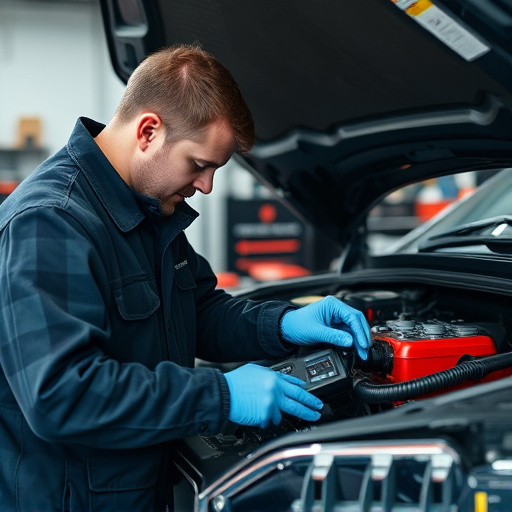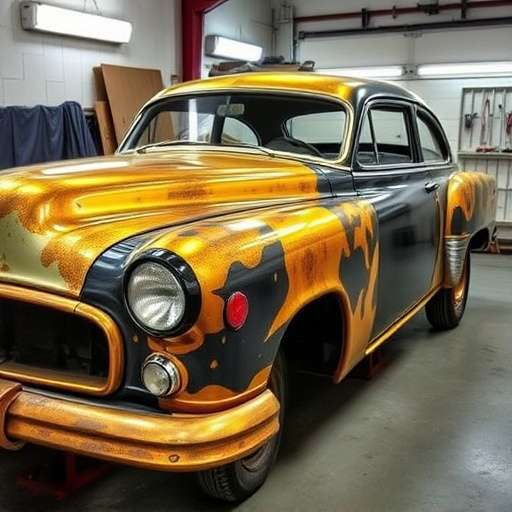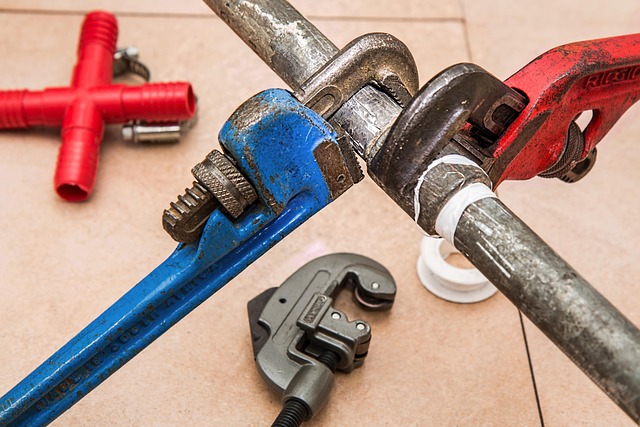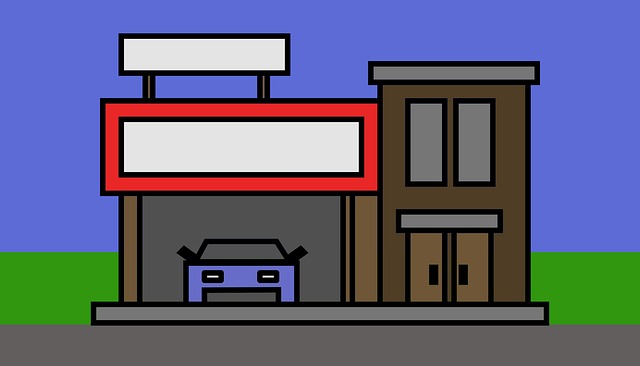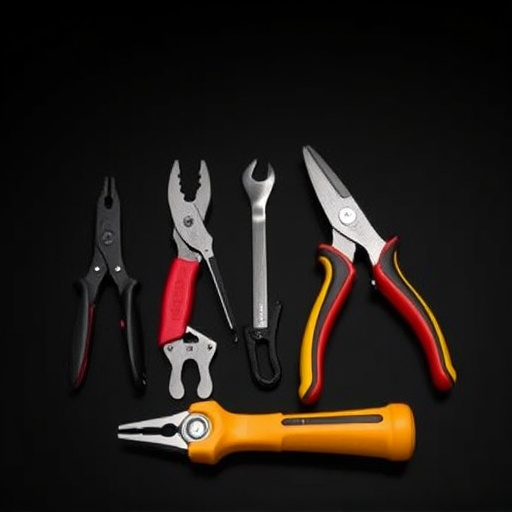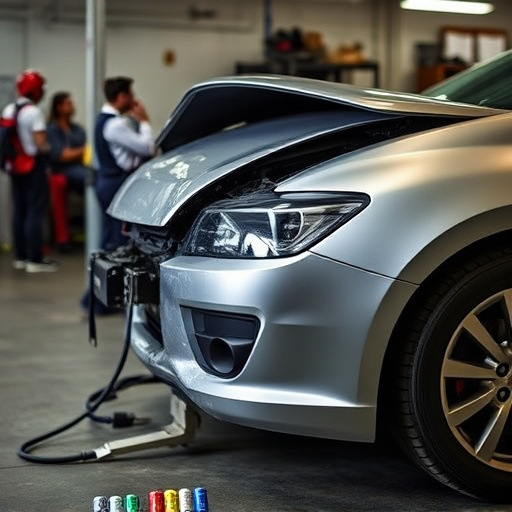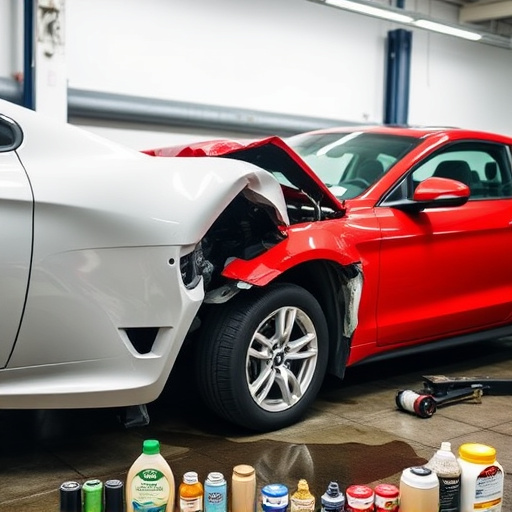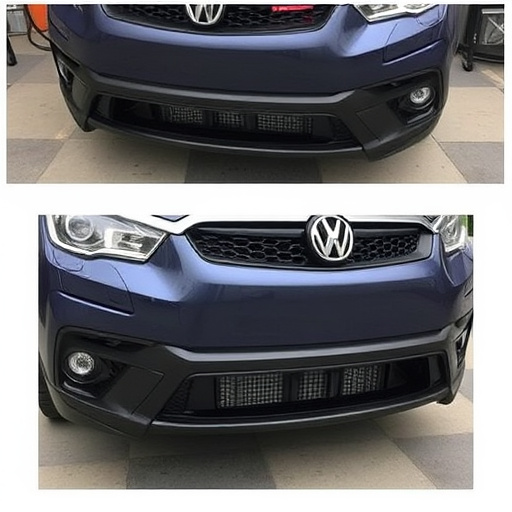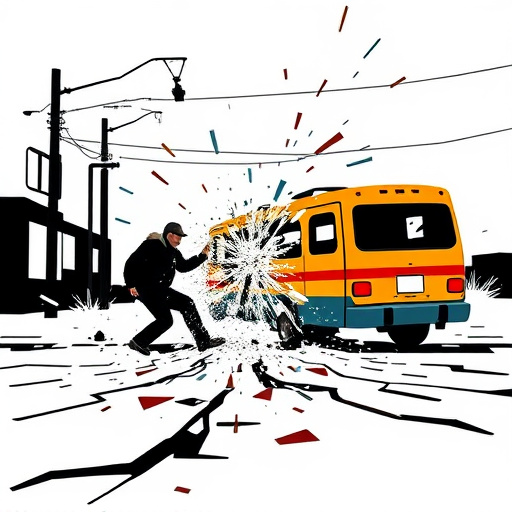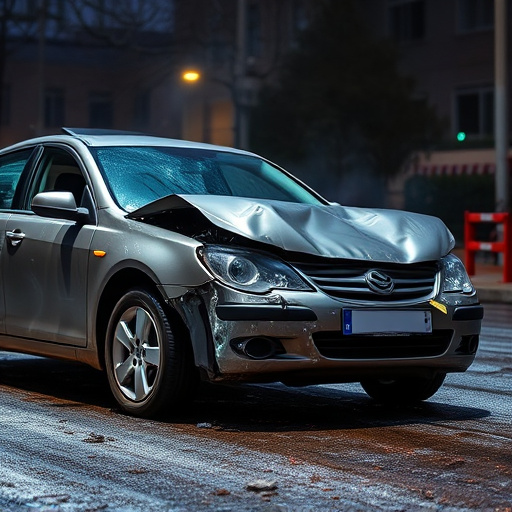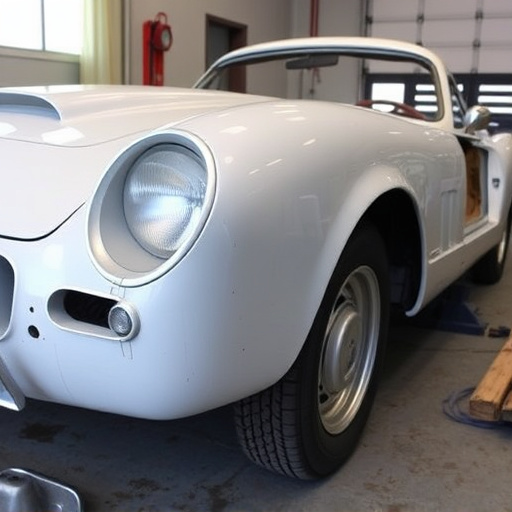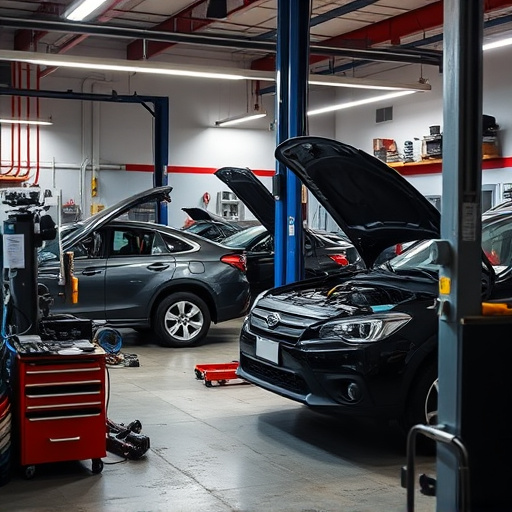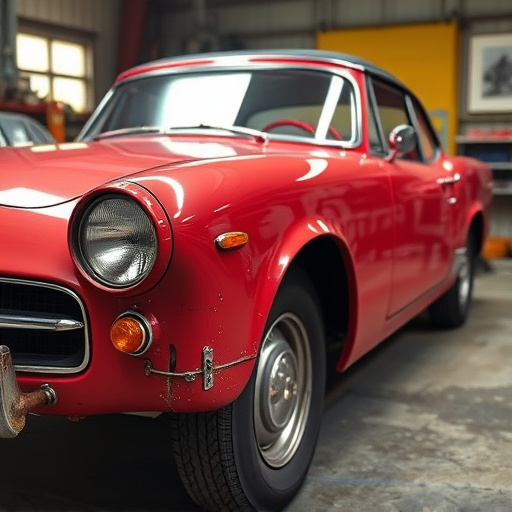Specialty collision hardware is key in car body restoration and scratch repair, offering precise solutions for unique vehicle damage. Understanding warranty coverage for these specialized repairs is crucial for both consumers and auto shops. Integrating high-quality specialty hardware ensures superior results, adhering to industry standards, enhancing customer satisfaction, and maintaining vehicle structural integrity over time.
Specialty collision hardware is an essential component in modern automotive repairs, offering tailored solutions for specific vehicle models. As the demand for specialized services grows, understanding the requirements and implications of this hardware becomes crucial. This article explores the key aspects of specialty collision hardware and its impact on vehicle warranties. We delve into the necessary considerations for integrators to ensure coverage, compliance, and customer satisfaction in a competitive market.
- Understanding Specialty Collision Hardware Requirements
- Vehicle Warranty Implications: What to Expect
- Integrating Hardware: Ensuring Coverage and Compliance
Understanding Specialty Collision Hardware Requirements
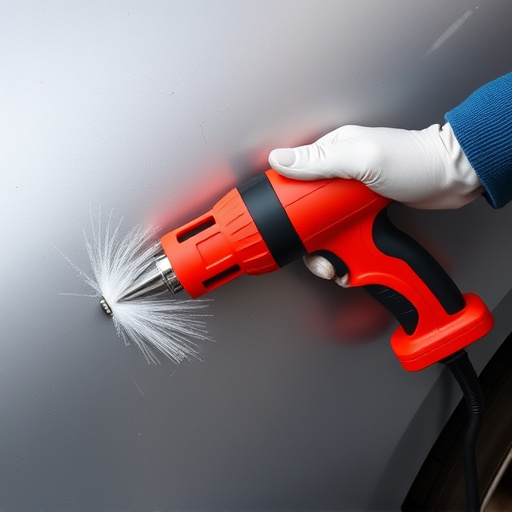
Specialty collision hardware is an essential component in the intricate process of car body restoration and scratch repair. When a vehicle sustains damage, whether from an accident or mundane daily wear and tear, auto repair shops often need specialized tools and parts to ensure precise and effective fixes. These specialty items are designed to meet specific requirements, catering to the unique challenges presented by different types of vehicle repairs. From precision-cut panels to specialized adhesives, every piece plays a crucial role in achieving flawless results.
Understanding these requirements is paramount for both repair shop owners and their technicians. The right specialty collision hardware can streamline the repair process, enhance the final finish, and ensure customer satisfaction. It’s not just about having the tools; it involves knowing when and how to utilize them effectively. By staying updated on the latest advancements in specialty collision hardware, auto repair shops can offer top-tier services, making them go-to choices for car body restoration and scratch repair needs.
Vehicle Warranty Implications: What to Expect
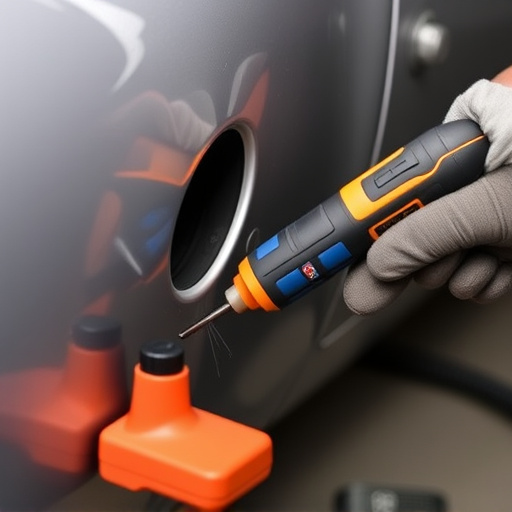
When it comes to specialty collision hardware and vehicle warranties, understanding the implications is key. If a collision center uses specialized hardware during repairs, such as advanced frame straightening tools or intricate dent repair techniques, these processes might be excluded from standard vehicle warranties. This is because original equipment manufacturers (OEMs) often reserve warranty coverage for repairs performed with their approved parts and methods.
However, many modern warranties do recognize and cover the use of specialty collision hardware under certain conditions. Consumers should review their policy carefully, looking for clauses that address “non-factory” or “aftermarket” components and processes like frame straightening or vehicle dent repair. Being aware of these details can ensure you’re protected and receive the quality repairs your vehicle deserves.
Integrating Hardware: Ensuring Coverage and Compliance
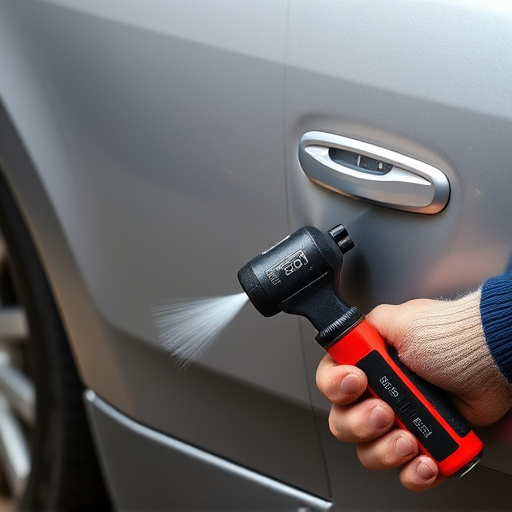
Integrating specialty collision hardware into vehicle repair processes is a strategic move that guarantees both superior coverage and adherence to industry standards. These advanced components are designed to enhance the precision and effectiveness of car dent repair and fender repair procedures, ensuring minimal damage and optimal aesthetics during bodywork services. By employing high-quality hardware, repair shops can deliver top-tier results that meet or exceed manufacturer guidelines.
This approach not only improves customer satisfaction but also reduces the risk of future issues related to structural integrity. With the right tools and parts in place, technicians can streamline their work, save time, and maintain compliance with industry regulations. Consequently, integrating specialty collision hardware becomes a pivotal step in delivering efficient car bodywork services, ensuring long-lasting repairs that stand the test of time.
When dealing with specialty collision hardware, understanding both the unique requirements for such components and the corresponding vehicle warranty implications is paramount. By integrating these specialized parts seamlessly while ensuring compliance and coverage, auto body shops can offer superior service, protect their reputation, and maintain customer satisfaction. Specialty collision hardware isn’t just an enhancement; it’s a key factor in achieving top-tier repair outcomes.
